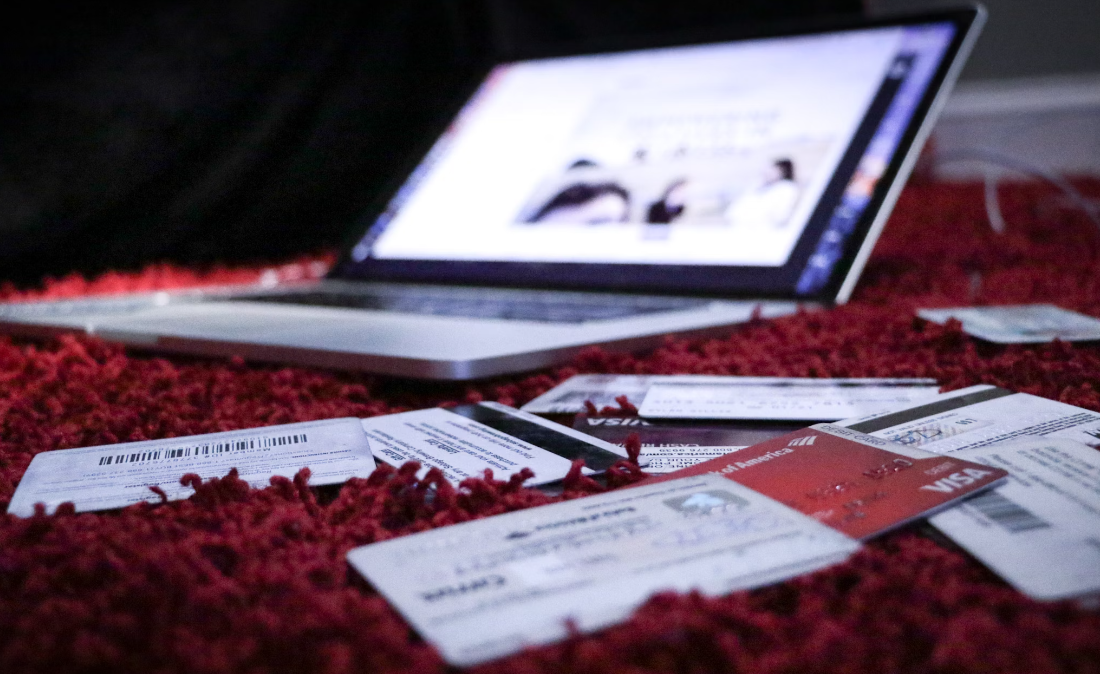Susan Dziubinski: Hi, I'm Susan Dziubinski with Morningstar. The pandemic and related job losses are shining a spotlight on the importance of having a liquid reserve as a part of your financial plan. But is the standard rule of thumb of 3 to 6 months' worth of living expenses sufficient? Joining me today to discuss the topic is Christine Benz. Christine is Morningstar's Director of Personal Finance.
Hi, Christine. Thanks for being here today.
Christine Benz: Susan, always great to be here. Thank you.
Dziubinski: Now, let's first talk a little bit about why are emergency funds so important.
Benz: Well, the key reason is that we all have unexpected expenses that crop up. Job loss certainly is another key reason to maintain an emergency fund. And if you have that buffer of cash, the idea is that you won't need to resort to unattractive forms of financing those unexpected costs. So, you won't need to put them on credit cards; you won't need to raid your 401(k) or IRA [or RRSP/TFSA]. So, that's really the key reason.
Dziubinski: Now, some people might assume that pulling together a sufficient emergency fund might be more challenging for lower-income workers. But in fact, this is a challenge that spans all income levels, right?
Benz: Well, as you might expect, it is harder for lower-income folks to amass emergency reserves. Pew Research put out this survey earlier this year that looked at emergency reserves – so, do you have three months in liquid reserves – looked at that question by income band. And as you might expect, about 75% of people with low incomes did not have those emergency reserves. But the surprising thing is about half of people at middle-income levels did not have three months' worth of liquid reserves and about a fourth of people at higher income levels. So, this problem, this issue cuts across income levels, though obviously, it's a bigger deal and much harder for people at lower income levels.
Dziubinski: Now, the standard rule of thumb we've always heard is 3 to 6 months' worth of living expenses for your emergency fund. But are there certain groups of people who should maybe have a little bit more than that set aside?
Benz: Absolutely. So, contract workers, people with lumpy incomes, people who work on commissions, for example, people with highly volatile, what we call, human capital, should be sure to have a higher level of liquid reserves. People with more specialized career paths, higher-income workers, those jobs are generally harder to replace if lost. So, they should run with a higher buffer as well. I would also add in older workers, Susan, because one thing we saw in the last recession is that older workers took a longer time to replace the jobs that they had lost. So, they didn't experience job loss to the extent that younger workers did, but it did take them longer to find jobs if they lost them. So, those would be some groups that I would highlight as needing probably closer to a year's worth of liquid reserves if they can possibly swing it.
Dziubinski: And what groups of people on the flipside might be able to make do with slightly smaller emergency funds?
Benz: Well, a small category would be anyone with sort of a guaranteed income stream, so the tenured college professor, for example, who is not at big risk of job loss, might have a lower emergency fund. Also, I would say, younger workers, especially those who are still somewhat flexible in terms of their lifestyles and living arrangements. If they're willing to get roommates or move back with mom and dad, if their lifestyle is somewhat in flux, they can absorb losses, job losses, more than workers who are more established like the single earner, who is responsible for a family of five, for example. So, I think that flexibility would buy younger workers potentially the chance to have a little bit less in liquid reserves.
Dziubinski: So, given that so many people do struggle with building up that emergency fund, what tips do you have for making it a little less painful for people?
Benz: I think one thing to think about is that you don't need to have on hand, say, 3 to 6 months' worth of what you're spending today. Remember that if you did experience job loss, you would probably make some cuts in your budget. So, think about your very basic expenditures and use that to right-size your emergency fund, and I think if you do that, you'll make it a little bit more manageable. Another thing that I like is the idea of kind of automating those emergency fund contributions. So, until you get up to the level where you're hoping to be, just have those contributions get deployed directly from your bank account into the investment account, into the cash reserves until you're up to your target level. And then, another thing I would note Susan is that some employers are adding this emergency fund idea alongside the 401(k) [RRSP] fund. So, you're not able to receive tax breaks but look for that. UPS, for example, recently added that for its employers. I think it's a terrific consumer-friendly option. So, those are just a few ideas.
Dziubinski: Yeah, that's great. If you can't see it, you don't touch it as easily, right?
Benz: Exactly.
Dziubinski: Well, Christine, thank you so much for your time today.
Benz: Thank you, Susan.
Dziubinski: I'm Susan Dziubinski with Morningstar. Thank you for tuning in.





















